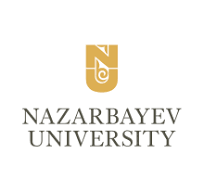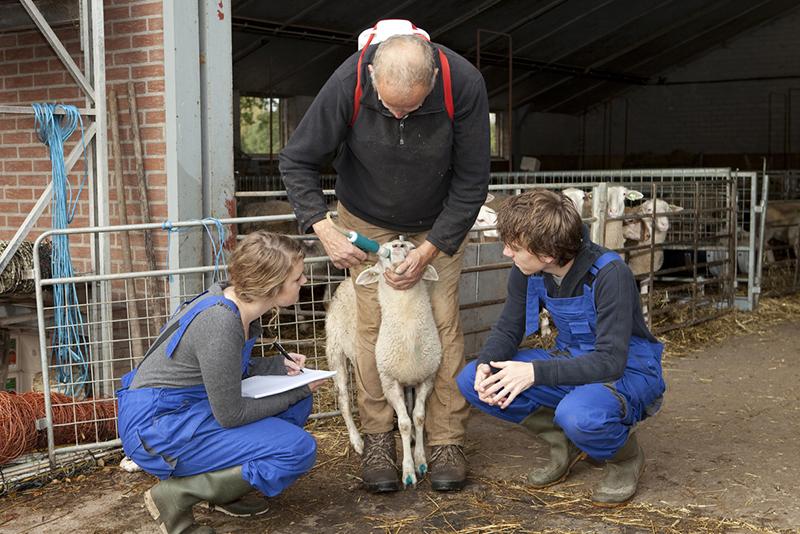
Experiencing the workplace can help students’ career readiness
How to help your graduates step straight into the world of work? Give them a taste of it while they’re still students. Gaini Yessembekova and Liliya Tleukenova offer advice
In a fast-changing employment market, it’s down to universities to prepare their students for future careers. While teaching employability skills can help, what’s important is allowing them to dip their toe in the world of work while benefiting from the support and encouragement of their university educators and peers.
Here, we’ll offer hands-on recommendations and information for university and college professionals to strengthen students’ employability with work experience and job opportunities.
Set up internships
Every year, approximately 700 to 800 students from Nazarbayev University (NU) participate in internships across various industries, including engineering, business, government and technology. These internships provide students with valuable industry insights and practical experience, significantly enhancing their employability upon graduation. The programme is designed to offer students opportunities to work with leading companies in Kazakhstan, so they can apply their academic learning in real-world settings and gain critical skills needed for their future careers.
- Partnering with industry for authentic experiences and assessment
- Three tips for using capstone projects to improve employability
- Four ways to create an entrepreneurial culture at your institution
To initiate our internship programme, we began by identifying key industries that aligned with our academic programmes. We reached out to leading companies in engineering, business, government and technology sectors, presenting the benefits of partnering with Nazarbayev University (NU). By establishing strong relationships with these companies, we were able to create a network of internship opportunities for our students.
One of the challenges we faced was the mismatch of expectations, where sometimes a student’s internship placement did not align with their values or expectations owing to workload or work culture. To address this, we conduct onboarding sessions and invite industry representatives to provide information sessions about their specific sectors, helping to set realistic expectations and preparing students for what to expect in their internships.
Another challenge was geographical constraints, as some students were unable to relocate to the location of the internship placement. We worked closely with companies to offer remote internships or internships within the students’ geographical area whenever possible. For students who had to relocate, we provided guidance and support to help them plan and manage their move effectively.
Financial problems were another issue, as some students faced difficulties that prevented them from participating in internships. We advised students to save a portion of their stipend throughout the year to cover their internship expenses and sought financial support and grants from university funds and industry partners to assist students in need.
One surprising aspect was the overwhelmingly positive feedback from industry partners regarding our students’ preparedness and performance. This reinforced the importance of our approach to integrating academic learning with real-world experience and highlighted the need for continuous collaboration with industry to keep our curriculum relevant and effective.
Help students work on campus
At NU, we provide on-campus job opportunities to 20 to 30 students each year, depending on the hiring budget of various university departments. These positions enable students to gain experience in administrative and technical roles across different departments. The programme offers a flexible working environment that fits students’ academic schedules and allows them to develop professional skills in a supportive setting.
First, determine the budget for the Work on Campus programme. This will help you to understand how many students you can employ and the types of positions you can offer. It’s crucial to ensure that the budget is flexible to accommodate variations in funding.
Creating job descriptions that allow for flexibility in working hours to accommodate students’ academic commitments is also important. The positions should provide valuable experience relevant to students’ future careers. Provide training and support for student employees too, including orientation sessions, regular check-ins with supervisors, and access to professional development resources.
Promoting the programme through various communication channels, such as email newsletters, the university website, social media and campus noticeboards, will help ensure that students are aware of the opportunities and benefits.
At NU, our Work on Campus programme has been highly successful in providing students with meaningful work experiences that complement their academic pursuits. Administrative roles help students develop organisational and communication skills, while technical roles enhance their IT and problem-solving abilities.
Foster industry collaborations
We place a strong emphasis on industry partnerships and collaboration to ensure that the curriculum remains relevant to current market needs. We frequently invite industry professionals to deliver guest lectures and conduct workshops. These sessions expose students to real-world perspectives and enhance their understanding of industry expectations. Through these interactions, students gain valuable networking opportunities, which can lead to internships, job placements and mentorships.
Businesses benefit from our partnerships by gaining direct access to a pool of talented and highly skilled students who are trained with the latest knowledge and practices. We emphasise how our institution can assist in the selection process by providing tailored recruitment services on campus, such as targeted job postings, internship programmes and collaborative research opportunities. This mutually beneficial relationship ensures that our students are well prepared for their future careers, while businesses can tap into a steady stream of highly capable professionals.
Robust career services are essential for guiding students in their career planning and job search. At NU Career and Advising Center, we offer personalised career counselling to help students enhance their job prospects. These services include:
- Résumé/CV reviews
- Cover letter assistance
- Mock interviews
- Job search strategies
- Graduate school applications
- Alumni matters
- Internship support
- Career fairs and networking events.
We organise various career fairs and networking events throughout the academic year, providing students with opportunities to interact with potential employers, learn about job openings and build valuable professional connections. These events include:
- Career development courses: workshops on employment market trends and preparations for entering the world of work
- Future-ready skills programme: designed to enhance students’ soft skills, which are highly valued by employers
- Mock interviews: sessions where students can practise their interview skills with industry professionals
- Field trips: visits to companies and organisations to give students an inside look at different industries
- Career weeks: intensive events featuring multiple career-related activities and employer interactions
- On-campus recruitment: opportunities for students to meet recruiters and apply for jobs directly on campus
- Job postings: the CAC CareerNet platform where job vacancies are regularly posted for students to explore
- Alumni talks: sessions where alumni share their career experiences and provide advice to current students.
By integrating these comprehensive career services and strong industry collaborations, we can help our students prepare to enter the workforce and succeed in their chosen careers. The university’s commitment to providing practical experience and professional development opportunities makes its graduates highly competitive in the job market, both in Kazakhstan and internationally.
Liliya Tleukenova is general manager of the NU Career and Advising Center and Gaini Yessembekova is director of NU Career and Advising Center, both at Nazarbayev University.
If you would like advice and insight from academics and university staff delivered direct to your inbox each week, sign up for the Campus newsletter.



